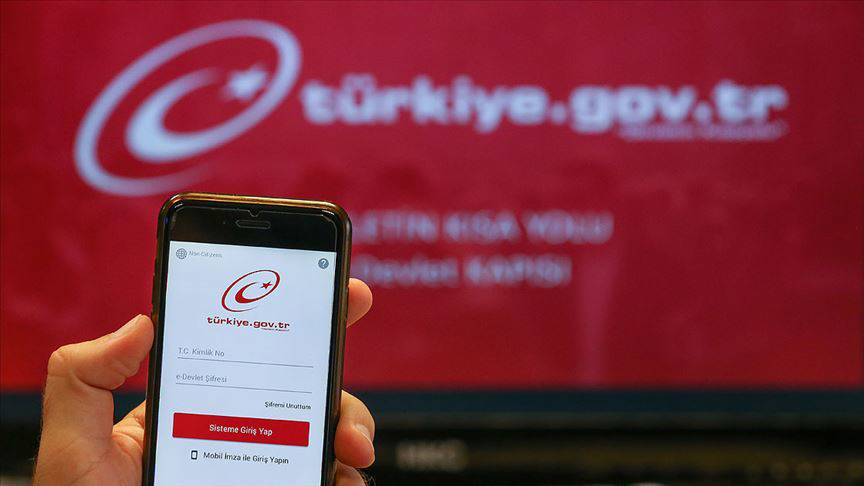Turkish intelligence leads operation targeting illegal access to citizenship data


Turkey's National Intelligence Organization (MİT) has spearheaded an operation addressing the illegal use of citizenship data, according to a report from state-run Anadolu Agency (AA), citing security sources.
Coordinated by MİT, the operation involved the Gendarmerie General Command and the National Cyber Incident Response Center (USOM) to protect the personal data of citizens. The investigation, led by the Ankara Chief Public Prosecutor’s Office, revealed that a software program known as "Avatar" or "Adalet" (Justice), widely used by lawyers, was used unlawfully to access individuals’ personal information.
Authorities found that the software had been marketed under false claims of integration with Turkey’s National Judiciary Informatics System (UYAP), enabling it to reach a wide user base.
As a result of intelligence provided by MİT, simultaneous operations were conducted in İstanbul and İzmir, leading to the detention of five individuals, including the developers and administrators of the software. The suspects were later arrested following a court ruling.
Investigations are ongoing to identify which lawyers used the software. The Financial Crimes Investigation Board (MASAK) has joined the inquiry to analyze financial connections and assess the economic impact of the unlawful activities. Authorities aim to trace and block any illicit profits generated through these actions.
Alleged citizenship data breaches in Turkey
Concerns over large-scale data breaches involving Turkish citizens’ information have surfaced multiple times in recent years. The leaked data reportedly includes a wide range of information about citizens, including ID numbers, health records, property information, residence addresses, and phone numbers.
In April 2022, journalist İbrahim Haskoloğlu claimed that hacker groups had contacted him, alleging that they had obtained data from the e-government (e-devlet) system. To prove their claims, the hackers reportedly sent him an image of President Recep Tayyip Erdoğan’s identity card, which Haskoloğlu shared online. He was arrested after the revelation.
In February 2023, Cyberthint, a platform monitoring cyberthreats worldwide, reported another major breach including data of millions of citizens.
Main opposition Republican People’s Party (CHP) lawmaker Özgür Karabat last year released a video showing how such interfaces worked. Allowing data retrieval for all citizens, these tools were being sold on platforms like Telegram for as little as 200 Turkish liras (roughly a few dollars).
Also last year, reports emerged that Turkey's Transportation and Infrastructure Ministry sought help from Google after 108 million citizens' information was leaked to Google Drive.
Additionally, a recent documentary titled Panel, released by YouTube channel 140journos, reignited concerns about data privacy. The documentary featured interviews with an anonymous individual who claimed to have created one of the interfaces and admitted to involvement in various cybercrimes.
Turkish authorities have repeatedly denied reports of massive breach of citizenship data. It remains unclear whether MİT’s recent operation is directly linked to these breach allegations.
(VK)




